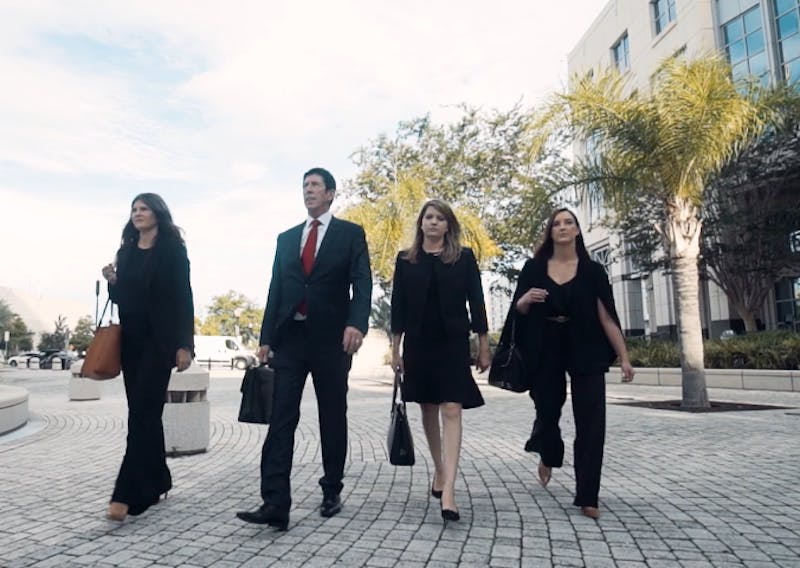
After a person is found guilty of a crime, the court may place them on probation. Although this is a better option than going to jail, probation is largely misunderstood in the state of Florida, and many people have questions about what it actually means. Below are some of the most frequently asked questions our criminal defense lawyers get regarding probation, and the answers to them.
What is Probation?
Probation typically means that a person is placed under legal supervision by the court. Probation can either take the place of jail time, or it may be used as an additional sentence after a person has completed their jail time. The court has the discretion to place a person on probation, or into community control, as an alternative to prison when the offense is punishable by both a fine and jail time. The court may place a person on probation regardless of whether they have been charged with a felony or a misdemeanor.
Are There Different Types of Probation?
Yes. The different types of probation in Florida include:
- Standard probation: The type of probation most people commonly think of, this probation includes the defendant reporting to a probation officer and complying with the terms of their probation.
- Administrative probation: This is the same as standard probation. However, it is not necessary to report to a probation officer.
- Drug offender probation: Also like standard probation, this type of probation has the additional requirement of submitting to random drug tests and attending a treatment program.
- Sex offender probation: Like drug offender probation, individuals on this type of probation must undergo specific treatment programs while under legal supervision.
- House arrest: The most restrictive probation ordered by the courts, a person must remain under constant surveillance and their movement is very limited.
Can You Do Anything on Probation?
In many cases, yes. You can maintain employment and even partake in recreational activities, such as hanging out with your friends. The only difference between probation and your normal life, with the exception of being placed on house arrest, is that you have mandatory court dates and must report to an officer in many cases.
What Happens if You Violate Probation?
Violating probation is a very serious offense. You could face arrest, or a warrant may be issued for your arrest. You will have to attend court and convince a judge that you did not intentionally violate the terms of your probation. The terms of probation vary, depending on the offense the defendant is charged with committing. When placed on probation, a judge will clearly outline the terms you must follow.
How Can a Florida Criminal Defense Lawyer Help with Probation?
After paying any fees and fines associated with the probation period, and completing at least half of the time of probation, an Orlando criminal defense lawyer can help end your probation early. At O’Mara Law Group, our knowledgeable attorneys can help you file the necessary Motion for Early Termination of Probation and give you the best chance of success with your case. If you have been placed on probation and would like to end the terms of it early, call us today at (407) 634-6604 or contact us online to learn more about how we can help.

